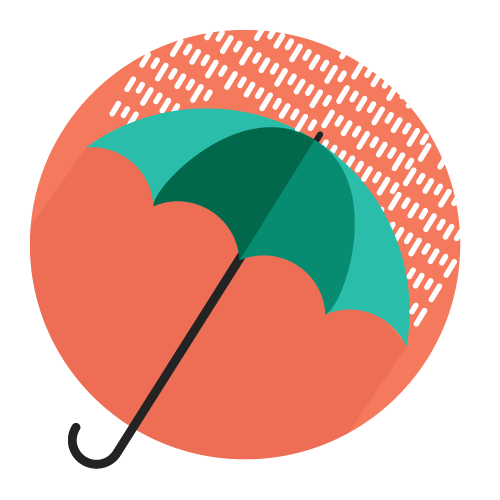In a hurry? Get savings tips sent directly to your inbox.
How much money will you have in a year by saving regularly each week?
Saving money is important. It allows you to be prepared for unexpected expenses and to pay for the more expensive
things that you want without having to borrow.
Let’s see how much you would have if you saved $5, $10, $20, $35, $50 a week for a year.
Saving even a small amount each week adds up. Saving a little bit more will give you a lot more.
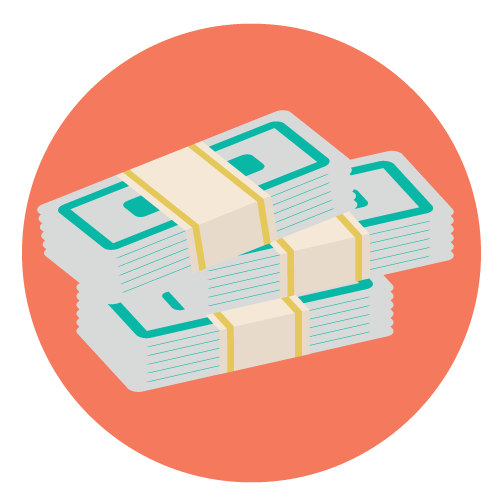
“Because I had a Rainy Day Savings Account, when I had an emergency the money was there to take care of the situation”
Save for the Future
Goal Setting
Have you set a goal(s) for saving yet? READ MORE
Family Development Account Program
A matched savings account for income-eligible individuals and families. Read More
Saving for College
Saving for college is an investment in the future. Read More
Saving to Buy a Home
Most people don’t have cash to may for a home, and most lenders require a down payment to qualify for a loan. Read More
Saving for Retirement
Retirement is something that happens whether we are ready or not. Read More
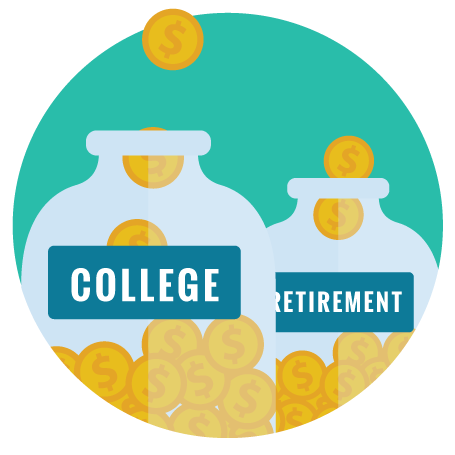
It is so easy to spend money – those shoes you have been eyeing online, the delicious coffee on your way to work. What will bring you more joy: spending now, so that you can have things today, or saving now a more secure future?
“I am now more cautious of my spending habits. I am continually working on ways to make savings a routine, and I try to put money aside each month for things I want.”
Tips for Saving
Getting Started
When you are living paycheck to paycheck, sometimes it can feel impossible to save anything at all. Read More
Saving Your Tax Refund
Tax season is a very popular time for those who receive a refund. Read More
Saving on a Fixed Income
Finding ways to save on a fixed income can be a challenge. Read More
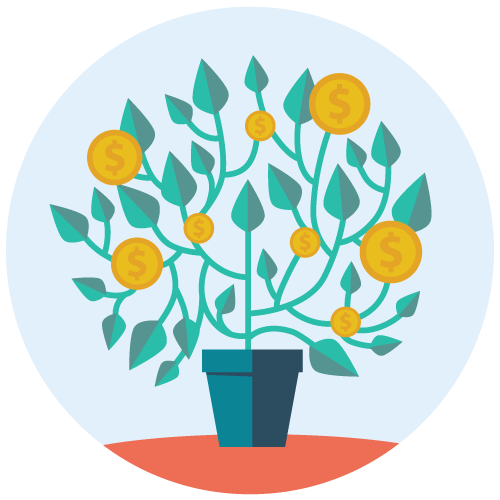
Think of savings as a tiny seed that will grow with a little attention and care.
“Before opening my emergency savings account I said, I didn’t have enough money to save regularly. Since I don’t have a lot of money I now know that I must save regularly”.
Protecting Your Assets
Why?
Another way to think about savings is to find ways to protect your assets. Assets are things of value that you have – what you own. You have worked hard to get these things – your home, your car, your education, your household goods, and even your job or your business if you are self-employed. Below are several steps that you can take to protect your assets, including: protecting your identity and various insurances.
Identity Theft
It is important that you regularly check your credit report to make sure no one is taking out debt in your name. Read More
Types of Insurance
You’ve worked hard for what you have, learn about ways you can protect it. Read More
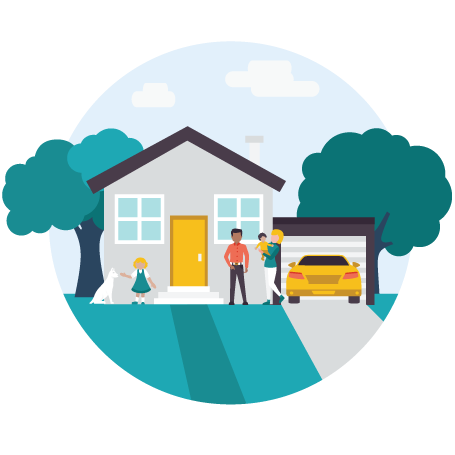
Assets are things of value that you have – what you own.
“I was blessed to have used the Western Maine CA$H Coalition to have my taxes done and to learn about the 529 Educational Savings Accounts. I have since opened six accounts for each of my grandchildren. Thank you for this service.”
RESOURCES
Retirement Information
FAQs
Q. What’s the difference between a bank and a credit union?
A. Banks and Credit Unions similar products and services; it is important to choose one that will offer the services that are most important to you.
The main difference between them is that a Bank is a company owned by shareholders. The Bank aims to maximize the profits for shareholders. A Credit Union is owned by its customers (members). They aim to focus on members needs and attempt to provide members with credit at reasonable rates.
In the end you need to do your homework. Decide what services and accessibility is important to you. Then determine the cost to get what you need and expect from your financial institution. There is no clear winner in the Bank versus the Credit Union debate.
Q. Why use a bank or a credit union?
We all need to keep our money safe. A bank or credit union will protect your money from being lost or stolen, and all money in insured financial institutions is protected by the U.S. Government. Using a bank or credit union saves you money from pay fees to cash paychecks, pay bills, transfer and borrow money. Keeping your money in a bank or credit union will also help you show proof of payment, keep track of your income and expenses, pay bills electronically, and access information to help you save for the future.
Choose a bank or credit union that is close to home to make it easy to add (deposit) or take out (withdraw) money, and get answers to your financial questions from knowledgeable employees.
Keep track of your spending so you do not withdraw more money than you have. If you do (overdraw on your account), banks and credit unions will charge you fees. Before you open an account, do your research to understand what fees banks and credit unions may charge—there are many no- or low-fee options available. Use this worksheet to help you determine what is the best option for you.
Q. What if I don’t have the items needed to open a bank or credit union account?
A. If you don’t have some of these items, you may want to look into getting them. You can request a new social security card here. The Bureau of Motor Vehicles (BMV) handles driver’s licenses and state id’s. You can find a location here if you need to renew or replace one. Passports can be used as an alternate to a driver’s license or state id. You can find more information about passports here. You can always contact the bank or credit union if you have any questions before you go to open an account.
Q. What if I have been turned down by a bank or credit union for an account?
A.Many banks and credit unions will use a system called the ChexSystems or Early Warning System. These services provide information to them about whether or not you have had a bank account closed on your behalf by another bank or credit union. This service helps them determine what amount of risk they might assume by allowing you to open a checking or savings account with them. If you had an account closed due to unpaid overdraft fees or a negative balance, that bank or credit union may report you to the Chex System. Depending on their policy on closed accounts, they may or not allow you to open a new account. Some banks or credit unions may have special accounts that they will offer you or you can ask about if you have had issues in the past.
If you are turned down for an account, we recommend ordering the ChexSystems Consumer Report or the Early Warning System, whichever they used in the decision. The good news is that this will only be listed for 5 years before it is removed. This will tell you why you were turned down for the account and you can also find additional useful information here.
Q. What is bankruptcy?
A. Bankruptcy is best explained through one or all of the following links:
Federal Bankruptcy Information
Q. Where can I find out about scams?
A. Here are some resources about scams:
WiserWomen-Improving the long-term financial security of all women through education and advocacy.
The Federal Trade Commision (FTC)-The FTC works to prevent fraudulent, deceptive and unfair business practices in the marketplace and to provide information to help consumers spot, stop and avoid them.
‹ Go back to Reducing Your Debt

